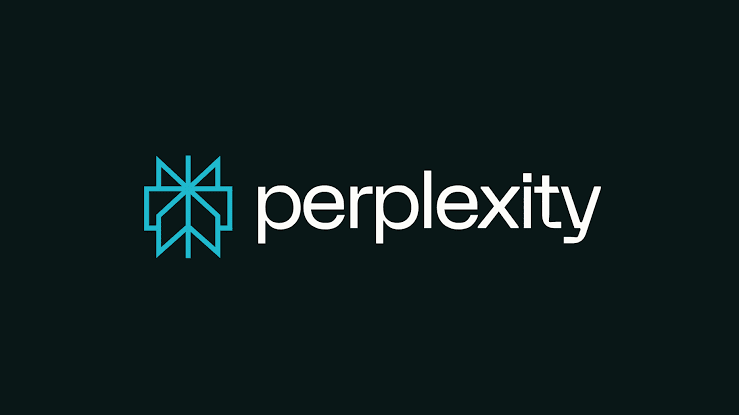Perplexity CEO Urges Youth to Ditch Doomscrolling and Master AI for a Better Future

Aravind Srinivas, CEO of Perplexity AI, has a message for today’s youth: put down your phone, stop doomscrolling through Instagram, and start using AI to build your future.
In a recent conversation with technology enthusiast Matthew Berman, Srinivas didn’t mince words. “Spend less time doomscrolling on Instagram; spend more time using the AIs,” he said. “Not because we want your usage, but simply because that’s your way to, like, add value to the new society.”
Srinivas’ call to action comes at a time when AI is quickly reshaping the world of work and innovation. Backed by AI chip giant Nvidia, Perplexity is already making headlines as a bold challenger to Google’s dominance in the search and browser space. But Srinivas believes the real revolution will come from the individuals who choose to engage with AI—not just tech companies.
When asked about how AI will impact employment, Srinivas didn’t sugarcoat it. He acknowledged that AI will reduce headcounts across industries, leading to job losses. But he was also clear about where the opportunities lie. “People who really are at the frontier of using AIs are going to be way more employable than people who are not. That’s guaranteed to happen.”
The problem, according to Srinivas, is speed. “The human race has never been extremely fast at adapting,” he said, noting that AI evolves every three to six months—far faster than most people can keep up with.
Still, he remains optimistic. “Either the other people who lose jobs end up starting companies themselves and make use of AIs, or they end up learning the AIs and contribute to new companies,” he said.
Srinivas has been at the forefront of Perplexity’s ambitious push into AI-first products. The company’s latest project, the Comet browser, is currently in beta for desktop users. It combines Chromium’s user-friendly design with Perplexity’s AI capabilities, enabling users to summarise pages, manage personal data, and automate tasks within the browser itself.
Now, the company is eyeing an even bigger leap—getting Comet pre-installed on smartphones. Talks with mobile manufacturers are already underway. “It’s not easy to convince mobile OEMs to change the default browser to Comet from Chrome,” Srinivas admitted in a separate interview with Reuters. But the goal is clear: make AI tools more accessible by embedding them into everyday experiences.
With its proactive approach to both product development and public messaging, Perplexity is positioning itself not just as a tech company, but as a voice urging society to evolve. For Srinivas, AI isn’t just a tool—it’s a turning point. The question he leaves us with is simple: will we keep scrolling, or will we start building?



